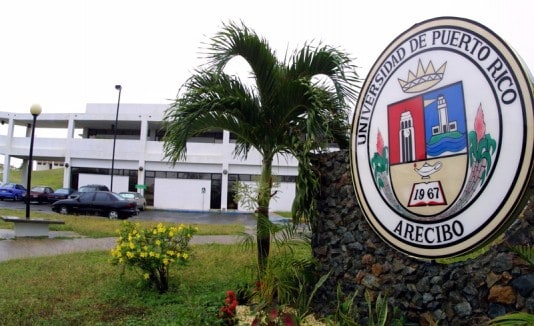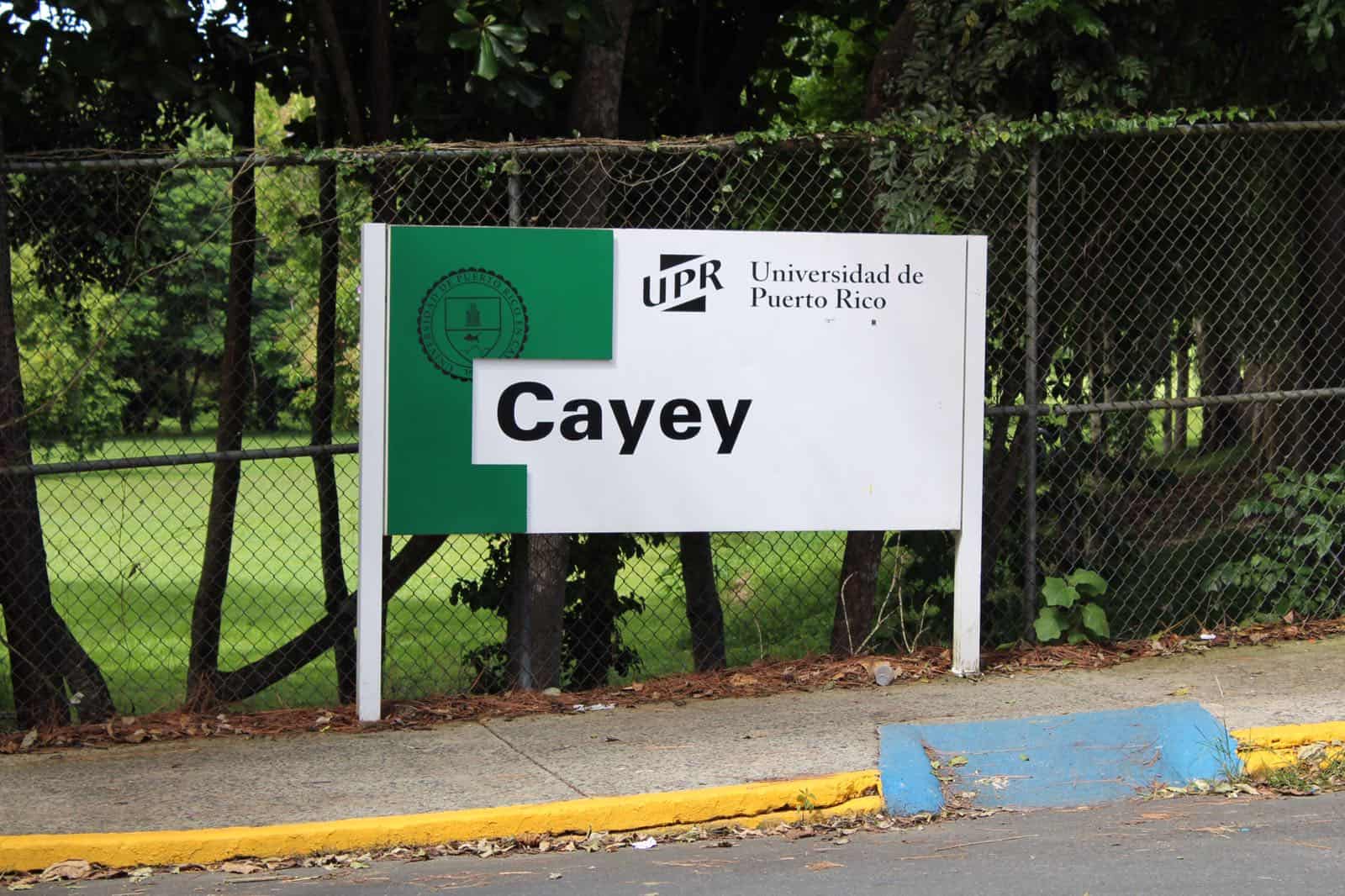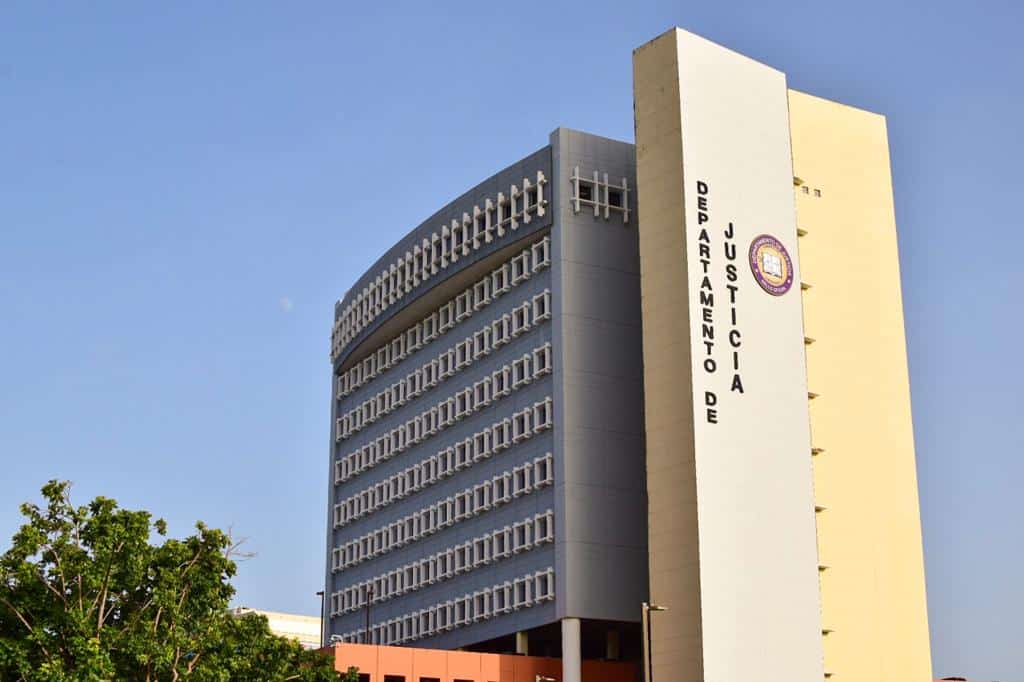The president of the University of Puerto Rico, Jorge Haddock Acevedo, released a statement introducing a new model for financial aids that promise to pay for around 80% of the student’s tuitions. According to the administration, this new model enables them to help even more students pay their tuition in full by providing stipends up to $1,600.
The announcement caused controversy amongst the student body and, especially, student representatives.
The General Student Councils (CGE, in Spanish) of the University of Puerto Rico’s 11 campuses came together to release a statement establishing their contempt and rejection for the new financial aid model announced on Tuesday, July 30, by the UPR’s administration.
Amongst their many criticisms of the new model was the cancellation of tuition exemptions for student athletes, Honor students and others. The group also explained that they believed this new model for financial aid in the university didn’t take the economic realities of Puerto Ricans into account, and instead looked to satisfy the Financial Oversight Management Board’s (JSF, in Spanish) wishes at the student’s expense.
The president of the General Student Council of the UPR’s Río Piedras campus, Marina Rodríguez Seguí, released a statement informing the student body of information she’d garnered during a meeting with the campus’ administration: 1,402 student’s enrollments were cancelled due lack of payment.
“I firmly believe that figure is due to the release of this new model for financial aids, which does not seek to accommodate Puerto Ricans’ economic reality. I believe, and hope I’m wrong, that most of these [cancellations] were due to lack of money […]”, said Rivera Seguí.
Congresswomen Nydia Velázquez and Alexandria Ocasio-Cortez alongside Congressman Raúl Grijalva and Senator Robert Menendez sent a letter to the Financial Oversight Management Board (JSF, in Spanish) asking them to reconsider their budget cuts in the island, particularly those that affected health and education.
The group of public servants expressed their worry for the future of the University of Puerto Rico under these new budget cuts. They explained that while they agreed that the UPR’s administration has to improve their transparency and work ethic, these austerity measures should not come at the expense of the island’s only public institution of superior education.
Wanda Vázquez, Puerto Rico’s former Secretary of Justice, sworn in as the new governor last Wednesday, after the island’s Supreme Court unanimously agreed that Pedro Pierluisi’s swearing in had been unconstitutional.
Edited by: Melanie Paola Franco Marrero


















